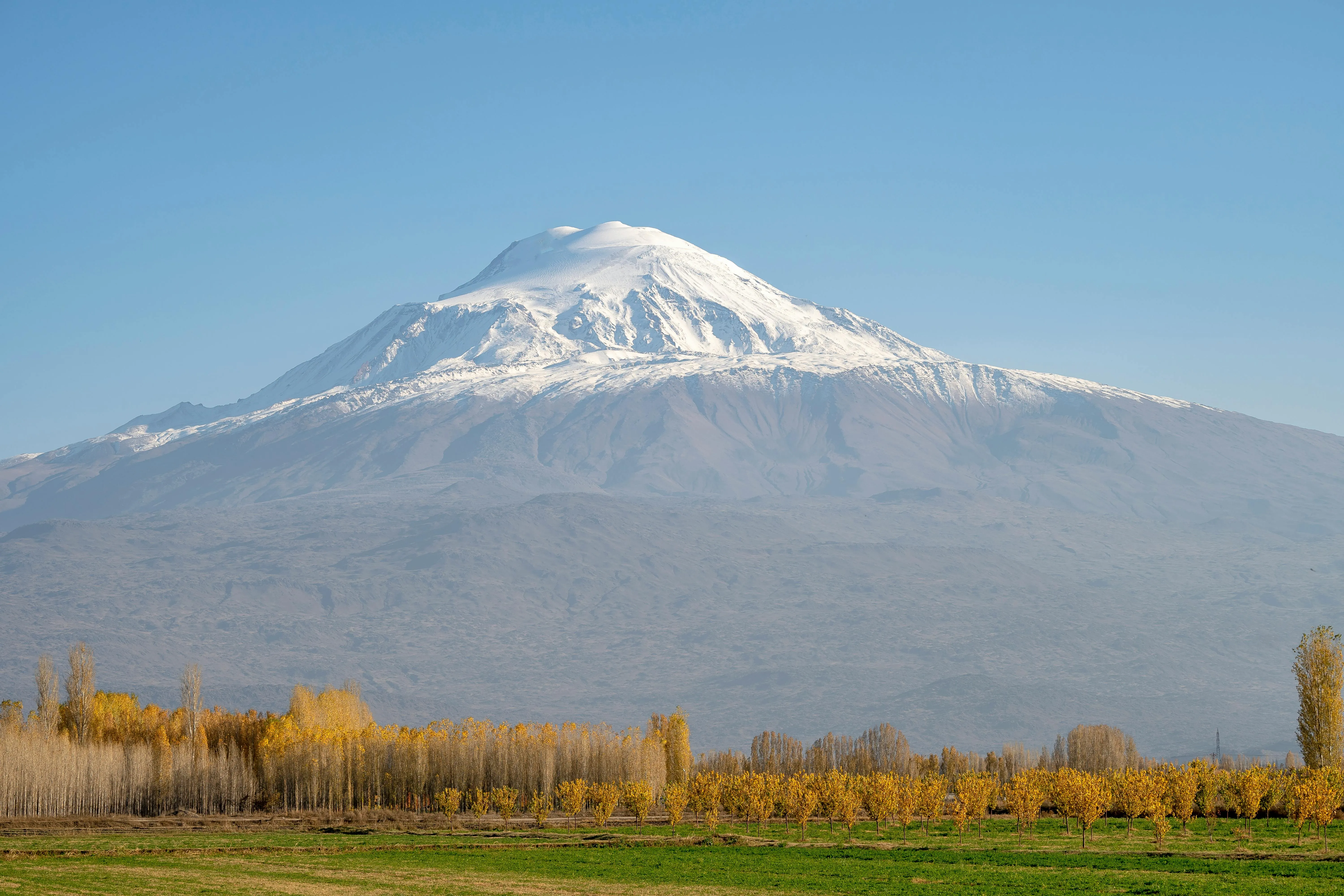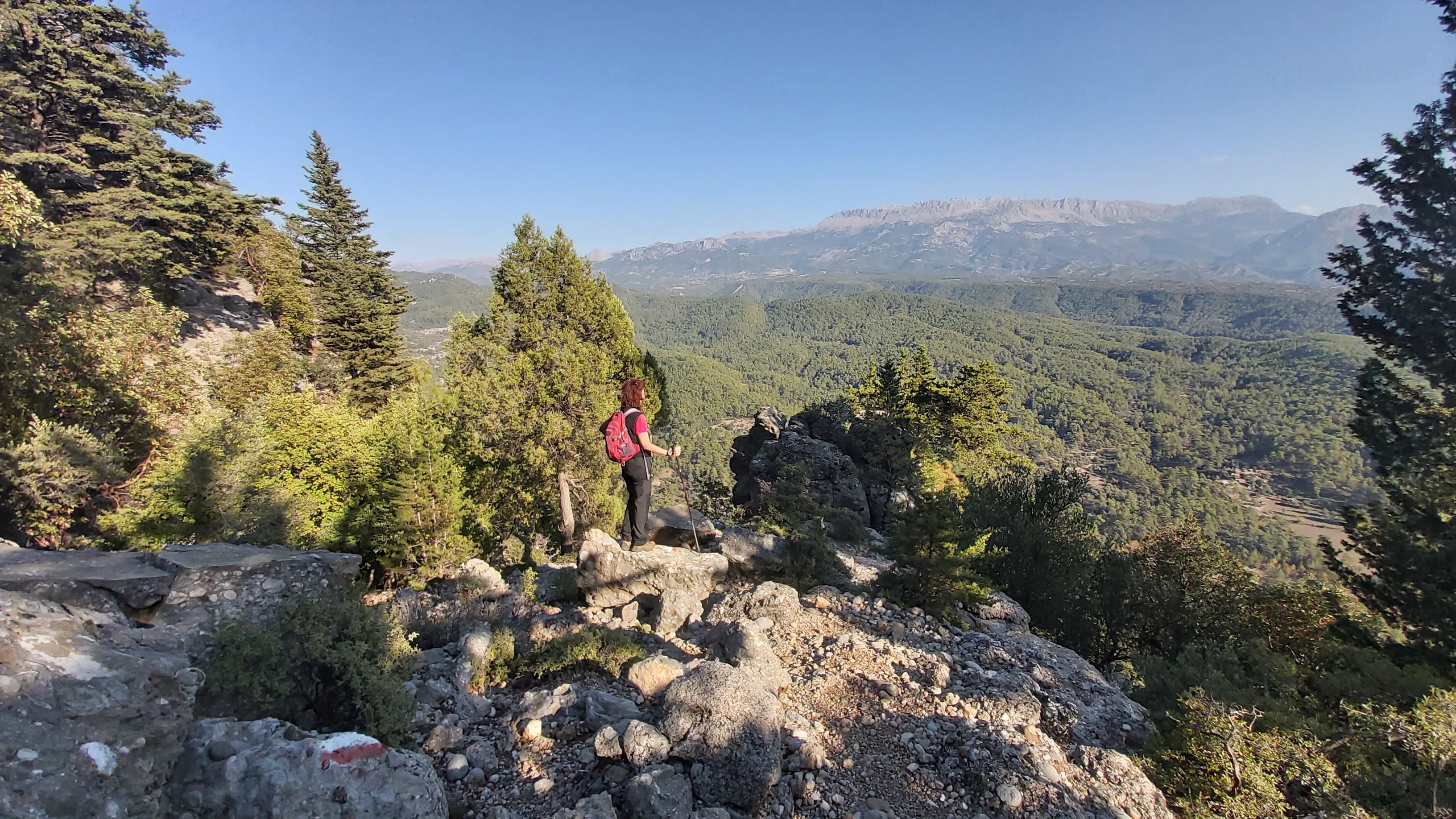What You Need to Know Before Traveling to Turkey
.webp)
Turkey is where continents meet — a country that blends the richness of the East with the style of the West. From the buzzing bazaars of Istanbul to the surreal landscapes of Cappadocia and the turquoise waters of the Aegean coast, Turkey offers one of the most diverse travel experiences on the planet.
If you're planning a short trip or a full week of discovery, here’s everything you need to know — practical, welcoming, and perfect for getting the most out of your Turkish adventure.
Arriving in Turkey: Entry, Visas & First Impressions
Turkey is not part of the European Union or the Schengen Area, but it offers easy entry for most travelers. Citizens of the EU, UK, USA, Canada, Australia, and many other countries can enter visa-free or with a quick e-Visa.
You can check your eligibility and apply online through the . Processing takes just minutes in most cases.
Most international travelers arrive via Istanbul Airport (IST) — a major global hub — or Sabiha Gökçen Airport (SAW) on the Asian side of the city. Turkey also has well-connected airports in cities like Antalya, İzmir, and Ankara.
Expect a smooth arrival and your first taste of Turkish hospitality the moment you land.
Language, Currency & Communication
The official language is Turkish, but English is widely spoken in major cities, hotels, and tourist areas. Learning a few simple words like merhaba (hello) or teşekkür ederim (thank you) is a great way to connect with locals.
Turkey’s currency is the Turkish Lira (TRY). Credit cards are accepted in most places, but it’s always good to carry some cash, especially in local markets or rural areas. ATMs are widely available and support international cards.
You can easily get a local SIM card from operators like Turkcell, Vodafone, or Türk Telekom. Affordable data plans make it easy to stay connected throughout your trip.
Getting Around the Country
Turkey is a large country, but getting around is easy thanks to its modern transport network. Domestic flights are cheap and frequent, especially between Istanbul, Cappadocia, Antalya, and the Aegean coast.
For intercity travel, long-distance buses are popular, comfortable, and affordable. Trains are also available, including high-speed routes between Istanbul, Ankara, and Konya.
In cities, taxis, trams, metro lines, and ride apps like BiTaksi are widely used. If you want to explore historical sites, villages, or nature, guided tours or private drivers are highly recommended for convenience and context.
Health, Safety & Emergency Info
Turkey is generally safe for tourists, especially in major travel regions like Istanbul, Cappadocia, Ephesus, and the coastal cities. Like anywhere, keep an eye on personal belongings in crowded areas, especially bazaars and transport hubs.
Tap water is safe in many areas but bottled water is preferred by most locals and tourists. Pharmacies are widely available, and medical care is of good quality in major cities.
No specific vaccinations are required for entry. In emergencies, dial 112 for ambulance, fire, or police services. Travel insurance is always recommended.
Food, Culture & Local Etiquette
Turkish cuisine is rich, flavorful, and made for sharing. Don’t miss dishes like kebabs, meze platters, börek (filled pastries), menemen (scrambled eggs with tomatoes and peppers), and of course, baklava for dessert.
Tea and Turkish coffee are a ritual — often offered as a welcome gesture. Hospitality is deeply rooted in Turkish culture, and guests are treated with warmth and generosity.
Dress modestly when visiting mosques or rural areas. In cities, casual Western dress is fine. Shoes must be removed when entering mosques, and respectful behavior is appreciated, especially during prayer times.
When to Visit Turkey
Turkey is a year-round destination, but the best seasons are spring (April–June) and autumn (September–October). These months offer mild weather, blooming landscapes, and ideal conditions for exploring cities, ruins, and coastlines.
Summer (July–August) is hot — perfect for beach holidays on the Aegean and Mediterranean, but inland areas like Cappadocia can be dry and very warm. Winter (December–February) brings snow to the mountains and fewer tourists in cities, with a peaceful charm and great value.
Climate, Packing & Electricity
Turkey’s climate varies: it’s Mediterranean on the coast, continental inland, and cooler in mountainous areas. Pack according to season — light clothes for summer, layers and a jacket for spring or autumn, and warm clothes if traveling in winter.
Electricity is 230V, and plugs are type C and F (the European standard). Bring a universal adapter if needed.
Budget & Travel Costs
Turkey is an affordable destination for most travelers. A local meal might cost €4–8, and a daily mid-range budget (including accommodation, meals, and transport) ranges between €40–90.
Even guided tours and private transfers offer great value compared to Western Europe. Whether you’re staying in boutique hotels, family-run pensions, or beach resorts, Turkey offers comfort without breaking the bank.
Ready to Travel?
Turkey is a place where history feels alive, where the food keeps coming, and where every view — from ancient ruins to rooftop mosques — tells a story. Whether it’s your first time or your fifth, this is a country that always has something new to offer.
Let us show you Turkey the real way — through local flavors, hidden gems, and warm welcomes.
Book your tour with us, and start your journey in one of the world’s most captivating destinations.








